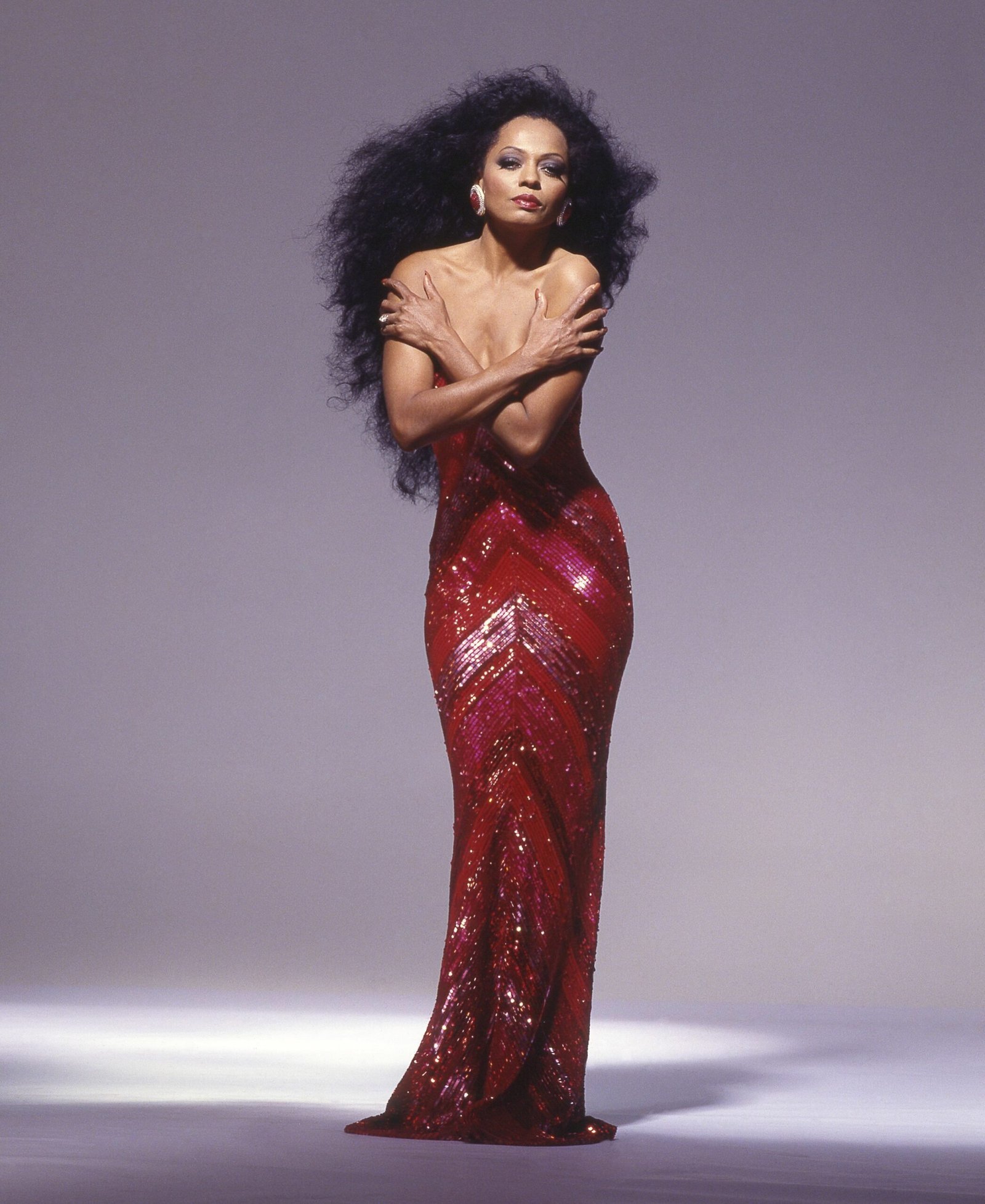
Honoring Black History Month: Black Wall Street-A Legacy of Thriving Black Business Districts
The story of Black Wall Street is a powerful testament to the resilience, ingenuity, and economic strength of Black communities. While Tulsa’s Greenwood District is the most well-known, thriving Black business districts have historically existed in cities across the United States. These communities not only created financial independence for Black Americans but also fostered a sense of unity, culture, and progress. Understanding their history and applying their lessons today is key to fostering long-term economic empowerment.
The Rise of Black Wall Street: Tulsa’s Greenwood District
In the early 20th century, the Greenwood District in Tulsa, Oklahoma, emerged as one of the wealthiest Black communities in America. Founded in 1906, Greenwood was home to thriving Black-owned businesses, including banks, grocery stores, hotels, theaters, and medical practices. Many of these businesses were started by Black entrepreneurs who, despite racial segregation and systemic discrimination, built a self-sustaining economy that enriched the entire community.
Greenwood’s success was due to a strong emphasis on reinvesting wealth within the community. Money circulated multiple times before leaving, strengthening local businesses and allowing families to build generational wealth. This prosperity, however, made Greenwood a target. The devastating Tulsa Race Massacre of 1921 destroyed much of the district, leaving hundreds dead and thousands homeless.
Other Thriving Black Business Districts
While Greenwood is the most well-known, other Black business districts thrived across the U.S.:
- Bronzeville, Chicago – A hub of Black business and culture, Bronzeville was known for its jazz clubs, newspapers, and economic independence.
- Sweet Auburn, Atlanta – Home to businesses, churches, and the headquarters of the Atlanta Life Insurance Company, Sweet Auburn was a center of Black economic success.
- Black Bottom & Paradise Valley, Detroit – These districts housed numerous Black-owned businesses, entertainment venues, and social clubs.
- U Street, Washington, D.C. – Known as “Black Broadway,” U Street was a cultural and business powerhouse for Black professionals and entrepreneurs.
These districts thrived despite systemic racism, segregation, and economic challenges. Their success offers a blueprint for economic empowerment today.
Lessons from Black Wall Street for Economic Empowerment Today
Supporting Black-Owned Businesses
- Just as Greenwood residents prioritized spending within their community, today’s consumers can empower Black entrepreneurs by intentionally supporting their businesses. Apps, directories, and online platforms make it easier to find and shop from Black-owned brands.
Financial Literacy & Wealth Building
- Economic empowerment starts with education. Learning about investments, homeownership, and business development can help build generational wealth. Initiatives that teach financial literacy in schools and communities are essential.
Entrepreneurship & Business Development
- Greenwood thrived because Black business owners built enterprises that catered to their community’s needs. Encouraging entrepreneurship through mentorship, grants, and incubator programs can foster more successful Black-owned businesses today.
Community Investment & Circulating the Black Dollar
- The key to Greenwood’s success was the reinvestment of money within the community. Modern strategies, such as community investment funds, co-operatives, and group economics, can replicate this model.
Advocacy for Economic Policies
- Black Wall Street faced destruction due to racism and systemic injustice. Advocating for policies that support Black businesses—such as access to capital, fair lending practices, and economic development initiatives—can help prevent history from repeating itself.
Honoring the Legacy & Building the Future
The legacy of Black Wall Street is one of resilience, excellence, and empowerment. By studying these thriving business districts and applying their lessons, we can continue to build economic independence and create opportunities for future generations. Whether through supporting Black businesses, prioritizing financial literacy, or advocating for economic justice, each step we take strengthens the foundation for Black economic empowerment.








